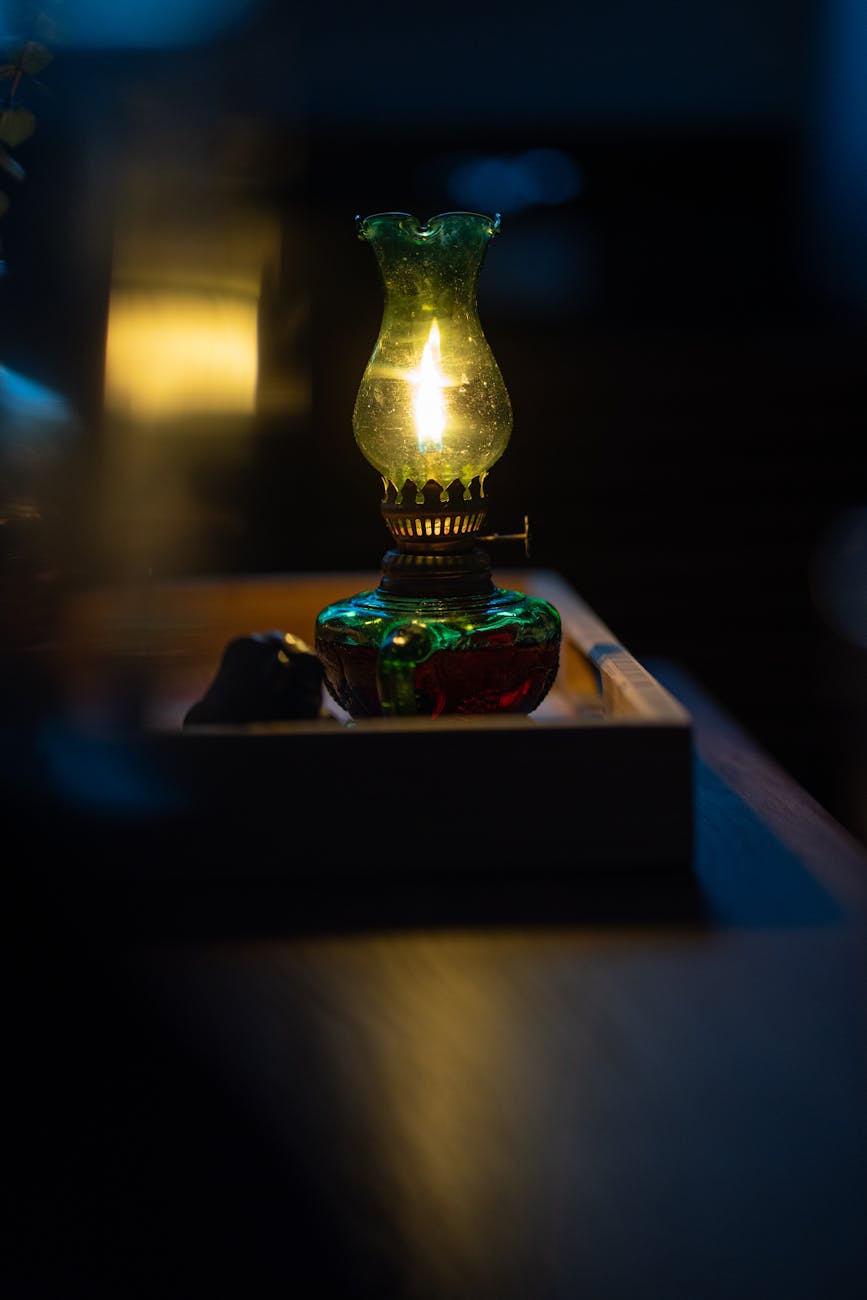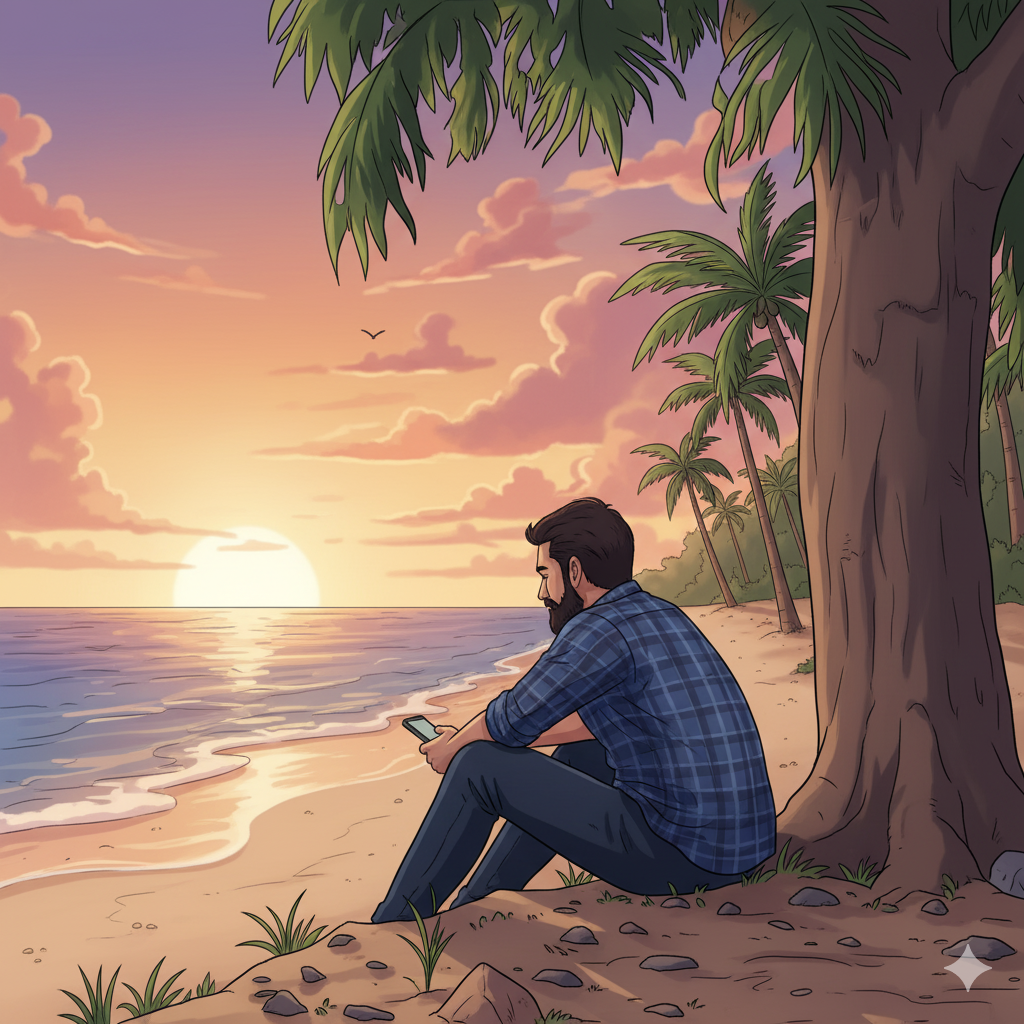In the heart of the Whispering Willows district, nestled between a perpetually dusty bookstore and a bakery perpetually emanating the aroma of burnt sugar, resided Bartholomew Buttonsworth’s Emporium of Exchanged Emotional Encumbrances. To the uninitiated, it looked like any other pawn shop, its window displaying a motley collection of tarnished silver, chipped porcelain dolls, and forgotten musical instruments. But Bartholomew Buttonsworth was no ordinary pawnbroker. His shop catered to a peculiar clientele, those burdened by guilt, regret, and the heavy weight of unspoken apologies. He accepted apologies as a valid form of collateral.
Bartholomew, a man whose age was as ambiguous as the flickering gas lamps that illuminated his shop, possessed an uncanny ability to assess the value of an apology. A mumbled “sorry” for a spilled drink held little worth, while a heartfelt apology for a lifetime of neglect could secure a substantial loan. He kept a meticulous ledger, each entry detailing the nature of the apology, its perceived sincerity, and the corresponding loan amount. The shop itself seemed to absorb the emotional residue of these transactions, the air thick with a strange blend of melancholy and hope.
One blustery autumn evening, a young woman named Elara hesitantly entered the shop. Her eyes, the color of a stormy sea, were rimmed with red, and her shoulders slumped under an invisible weight. She clutched a worn leather-bound book to her chest as if it were a life raft. Elara had come to pawn her apology for a broken promise, a promise she had made to her ailing grandmother to finish writing her life story. Life, in its capricious way, had intervened, and the book remained unfinished, a constant reminder of her failure.
Bartholomew, with his preternatural understanding of the human heart, listened intently as Elara poured out her story, her voice choked with emotion. He studied the book, its pages filled with elegant script and faded photographs. He saw not just a collection of words, but a tapestry of love, loss, and the enduring bond between a grandmother and granddaughter. He offered Elara a loan, not of money, but of time. He gave her three months to finish the book, the unfinished manuscript itself serving as the collateral for her apology.
Word of Bartholomew’s unusual trade spread through the Whispering Willows like wildfire. People from all walks of life flocked to his shop, each carrying their own burden of remorse. A grieving widower pawned his apology for an unkind word spoken in haste. A prodigal son offered his regret for years of estrangement. A renowned artist pledged his remorse for a masterpiece left unfinished. Bartholomew listened to their stories, offering solace and understanding, and accepting their apologies as payment for his unique services.
He wasn’t simply a pawnbroker; he was a custodian of regrets, a confidant of the conscience. He kept the apologies safe, storing them in ornate glass jars that lined the shelves of his shop. The jars glowed with an ethereal light, each one pulsating with the raw emotion it contained. The shop became a sanctuary for the remorseful, a place where they could unburden their souls and find a measure of peace.
One day, a mysterious stranger arrived at the shop. He was tall and imposing, his face obscured by a wide-brimmed hat. He carried a small, intricately carved wooden box. He offered Bartholomew an apology of immense magnitude, an apology for a betrayal that had shattered kingdoms and plunged nations into darkness. The collateral he offered was the box itself, its contents a closely guarded secret.
Bartholomew, for the first time in his long career, hesitated. The weight of this apology was almost palpable, its darkness threatening to consume the shop. He knew that accepting this apology would come at a great cost, but he also understood the profound need for redemption. He accepted the box, placing it carefully on the highest shelf, its presence casting a long shadow over the shop.
The stranger’s apology seemed to amplify the power of the other apologies stored in the shop. The jars glowed brighter, their light pulsating with renewed intensity. The air crackled with an unseen energy. Bartholomew felt a shift within himself, a deeper understanding of the human condition and the enduring power of forgiveness. He realized that his shop was not just a repository of regrets, but a beacon of hope, a testament to the possibility of redemption, even in the face of the darkest transgressions.
As the years passed, Bartholomew continued his unusual trade, his shop becoming a legend in the Whispering Willows. He witnessed countless acts of contrition, each one a testament to the human capacity for change. He learned that apologies, when sincere, held immense power, the power to heal wounds, mend broken relationships, and restore hope to the most desolate hearts. He became a guardian of these apologies, a silent witness to the transformative power of remorse. And in the quiet hours of the night, when the shop was empty and the only sound was the gentle flickering of the gas lamps, he would open the mysterious box, its contents still a secret, and ponder the infinite complexities of the human heart.

Elara returned three months later, her eyes shining with a quiet triumph. She had finished her grandmother’s story, the pages now filled with life and love. She reclaimed her apology, leaving behind a copy of the finished book for Bartholomew. He placed it on a special shelf, alongside other tokens of redemption, a tangible reminder of the power of apologies to transform lives.
The pawnbroker who accepted apologies as a valid form of collateral continued his unique trade, his shop a sanctuary for the remorseful, a testament to the enduring human capacity for forgiveness, and a beacon of hope in a world often shadowed by regret.
The Whispering Willows, once a place known for its hushed secrets and unspoken sorrows, began to transform. The air, once heavy with regret, now carried a lightness, a sense of renewal. Bartholomew Buttonsworth’s Emporium of Exchanged Emotional Encumbrances had become, in its own quiet way, a catalyst for change, a reminder that even the smallest apology, when offered with sincerity, could have a profound impact on the world.






Leave a Reply